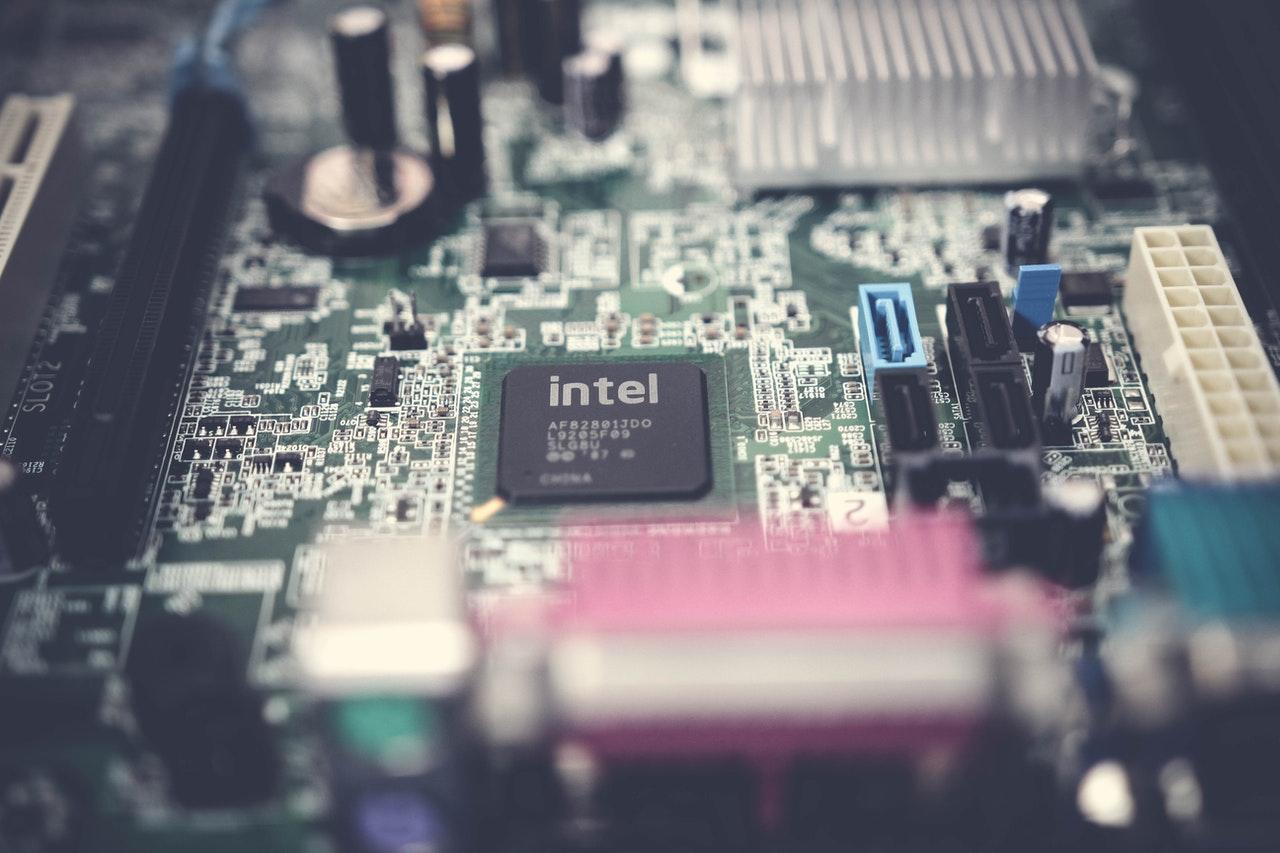Intel jittery as it realises too many vital computer chips made in Asia
The pandemic has highlighted the vulnerability of having almost all production of vital semiconductors in one continent.
Just In
In the light of current computer ship shortages causing slowdowns in car manufacturers, US chipmaker Intel is aiming to diversify its chip production, bringing the supply chain out of Asia.
A massive shift in the manufacture of microchips occurred this week when Intel announced it will invest US$20 billion in building two new plants in Arizona and one in Ireland as part of a plan to ramp up production in the US and Europe and end reliance on Asian factories.
The pandemic has highlighted the vulnerability of having almost all production of vital semiconductors in one continent, Intel’s new chief executive Pat Gelsinger told BBC News.
A current global chip shortage has countries and companies looking to reduce reliance on plants in Asia for semiconductors, which are vital components in high-tech products.
Most processors are sourced from Asia, with Taiwan’s TSMC and South Korea’s Samsung the dominant players.
Both chip giants face military threats. Taiwan has been a target of China’s for decades with Beijing becoming more aggressive recently; and South Korea’s northern neighbour has become even more belligerent and less predictable in recent months.
“Having 80% of all computer chip supply in Asia simply isn’t palatable for the world to have its most critical technology,” Gelsinger said.
The dependence on chips made in Asia poses a national security risk and bringing manufacturing operations to the US also means more high-end jobs for Americans, according to US Secretary of Commerce Gina Raimondo.
“Intel’s investment will help to preserve US technology innovation and leadership, strengthen US economic and national security, and protect and grow thousands of high-tech, high-wage American jobs,” she said.
Gelsinger’s predecessor was ousted amid falling Intel market share as AMD and Apple modernised their products. Intel has repeatedly missed manufacturing targets over recent years meaning its latest desktop processors use older transistor technology than rivals AMD and Apple.
Simply put, the world needs more semiconductors and a more geographically balanced supply, Gelsinger told the BBC.
“Every smartphone, every remote worker, every autonomous vehicle, every aspect of humanity is becoming more digital and when it becomes digital, it runs on semiconductors,” he said. “And the world needs a more balanced supply chain to accomplish that.”
He added that Intel also intended to build a further chip-making foundry in one more European nation but would not be drawn on exactly where.
Intel’s moves come too late to tackle an existing shortage of chips causing problems for carmakers and others but could help the West avert a future crisis.
Moving away from Asia is the right thing for Western global supply chain requirements, for commercial, government and defence, Gelsinger said.
Intel has a large chip plant in Dalian, China, but at this point, it has no expansion plans for China.
Subscribe to our newsletter
To be updated with all the latest news and analyses daily.
